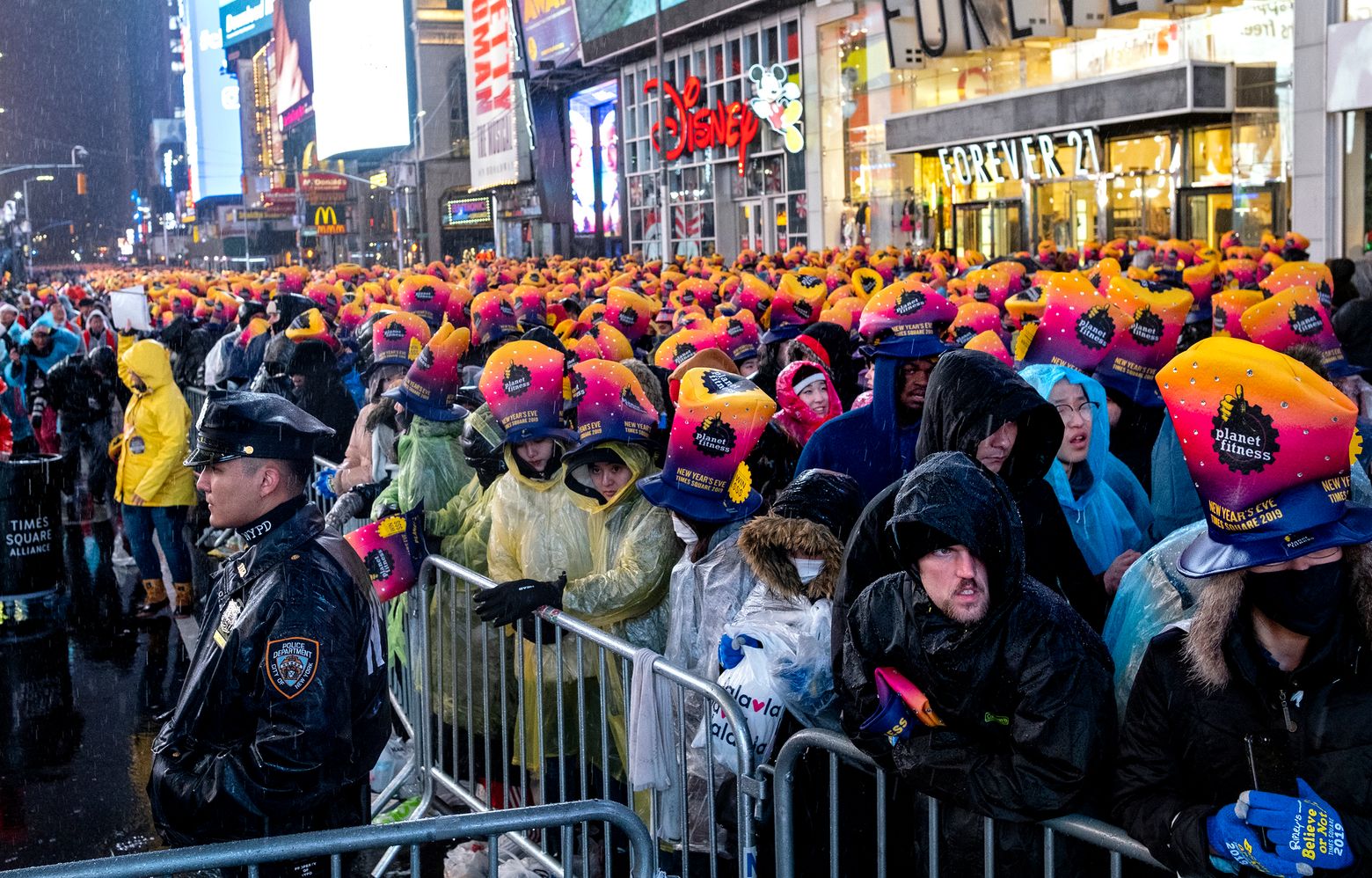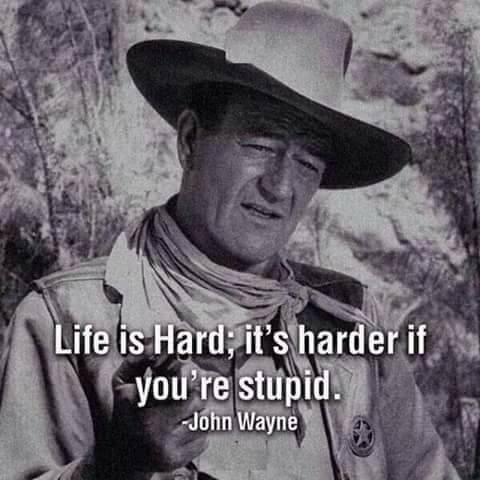The problem with liberals is so much of what they know isn’t true. The New York City council wants NYPD to document every interaction between police and citizens. This includes the circumstances, the identity and contact information for each person that NYPD officers contacts. Imagine this.

Here is a picture of an NYPD officer in Times Square. Here is a scenario. A knife wielding wacko assaults a random person standing in front of the Disney Store. The officer hears the cries for help and rushes to intervene. He pushes his way through the crowd, saves the victim and arrests the assailant. Is he a hero or a goat?
Under the proposed policy, the officer is required to identify each and every person he makes physical contact with as he pushes through the crowd. To react in a timely manner, the officer would have to ignore the policy. By ignoring the policy, the officer is responsible for hundreds of policy violations. This means he is subject to immediate firing under the proposed city council edict.
If he complied with the policy his transit through the crowd would be measured in hours. Any delay in his response increases the likelihood that the original victim will not survive, and that other people may also fall victim. It also increases the likelihood that the offender will escape. On the plus side, by complying with the proposed policy the officer will have checked all the appropriate boxes. The policy also decreases the chances that the officer will engage in a confrontation with the offender, thus decreasing the odds of a deadly force confrontation.
What is likely to happen, with such a policy in place, is that officers will routinely ignore the policy. The police administration will fashion “work arounds” to avoid implementing enforcement of the policy. On those occasions when the department does take action, the rank-and-file will view such action as arbitrary and capricious. An unenforceable policy is worse than no policy at all.
History repeats itself. In the late sixties Frank Serpico complained to the administration that plain clothes officers were routinely accepting bribes from gamblers. He wouldn’t back down and forced the police administration to take action. Police administrators were shocked. Shocked, that they were forced to address an issue that everybody knew about and accepted. They never forgave Serpico because he made them do their job.
